CHUPLANAY, Afghanistan - Afghan farmers crowded the gates of a schoolhouse Oct. 15 waiting to receive high-yield wheat seed and training on how to properly grow the grain at the Chuplanay schoolhouse in Dand District.
The local government, Afghan National Police and Coalition Forces ran a publicly announced program, providing nearly 400 farmers from the Chuplanay Cluster, a collection of villages, with more than 80 tons of supplies.
"Without a doubt [the distribution] was a huge success," said Master Warrant Officer Kevin Walker, Canadian civilian military cooperation operator attached to 1st Squadron, 71st Cavalry Regiment. "The fact that 400 bags of wheat seed were available for pickup, and at the end of the day there were zero left, equals success."
Haffi Zullah, tribal leader for the Chuplanay Cluster in Dand District, agreed.
"Today my people are very happy for this help," said Zullah. "We are happy for the Canadians, the U.S. and the [International Security Assistance Force] Soldiers doing good things for the villagers."
Coalition Forces and local government official leaders helped farmers in the Chuplanay area find a better way to work in the harsh climate which makes it difficult to grow an abundant crop.
"This is an area which there is very little water that can get to the farmers of the district," said Capt. Kevin Krempskie, of Greatneck, N.Y., and company commander of C Troop, 1st Squadron, 71st Cavalry Regiment. "[This district] is right next to the desert, and wheat is the most important crop to all these farmers in every village down here."
The farmers sat through a class on how to grow this specific type of wheat.
The instructor acknowledged the abilities of the farmers, but encouraged them to use a process that would double their current crop output.
Walker, a native of Petawawa, Ontario said the farmers in the Chuplanay cluster have been producing wheat to feed their families, keeping them tethered to their villages.
Krempskie said he hopes with a new process to grow wheat, these farmers will flourish.
"Right now [this cluster] grows just enough wheat to feed their family," said Krempskie. "They're going to grow enough wheat not just to feed their family but, enough to sell at the market. That allows them to gain a profit that can be put back into schools."
Zullah is also looking toward the future of his cluster.
He said his cluster wants to build this country, not destroy it. Each time they hold a meeting, he tells his people every time you hurt an ISAF Soldier you are actually hurting the progression of Afghanistan.
Krempskie said he sees the people of this cluster having more options to prosper and grow.
He said, "For the first time, in 2010, the people of this area have a better choice, they see something significant towards our fight and towards their fight."
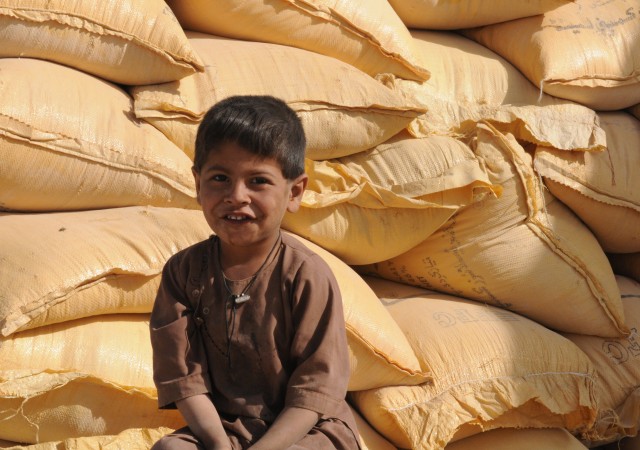
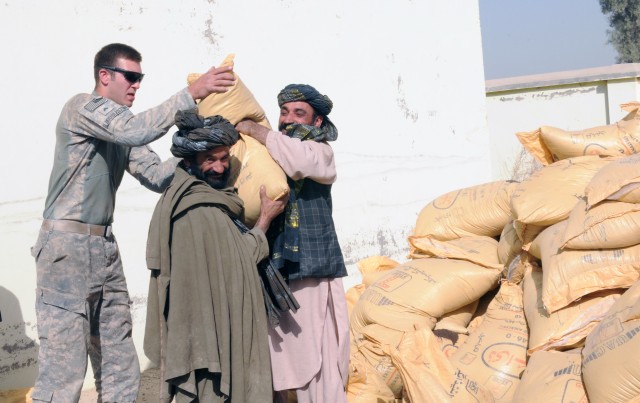
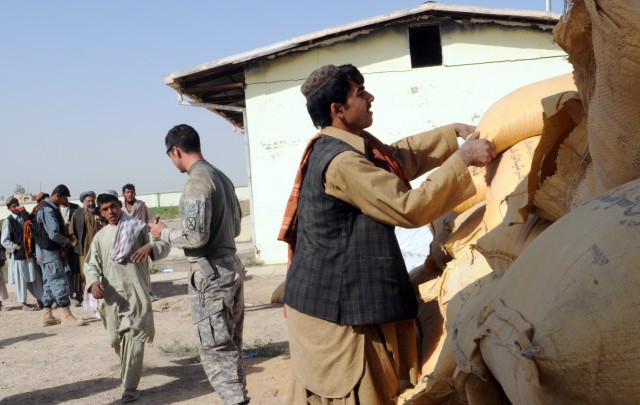
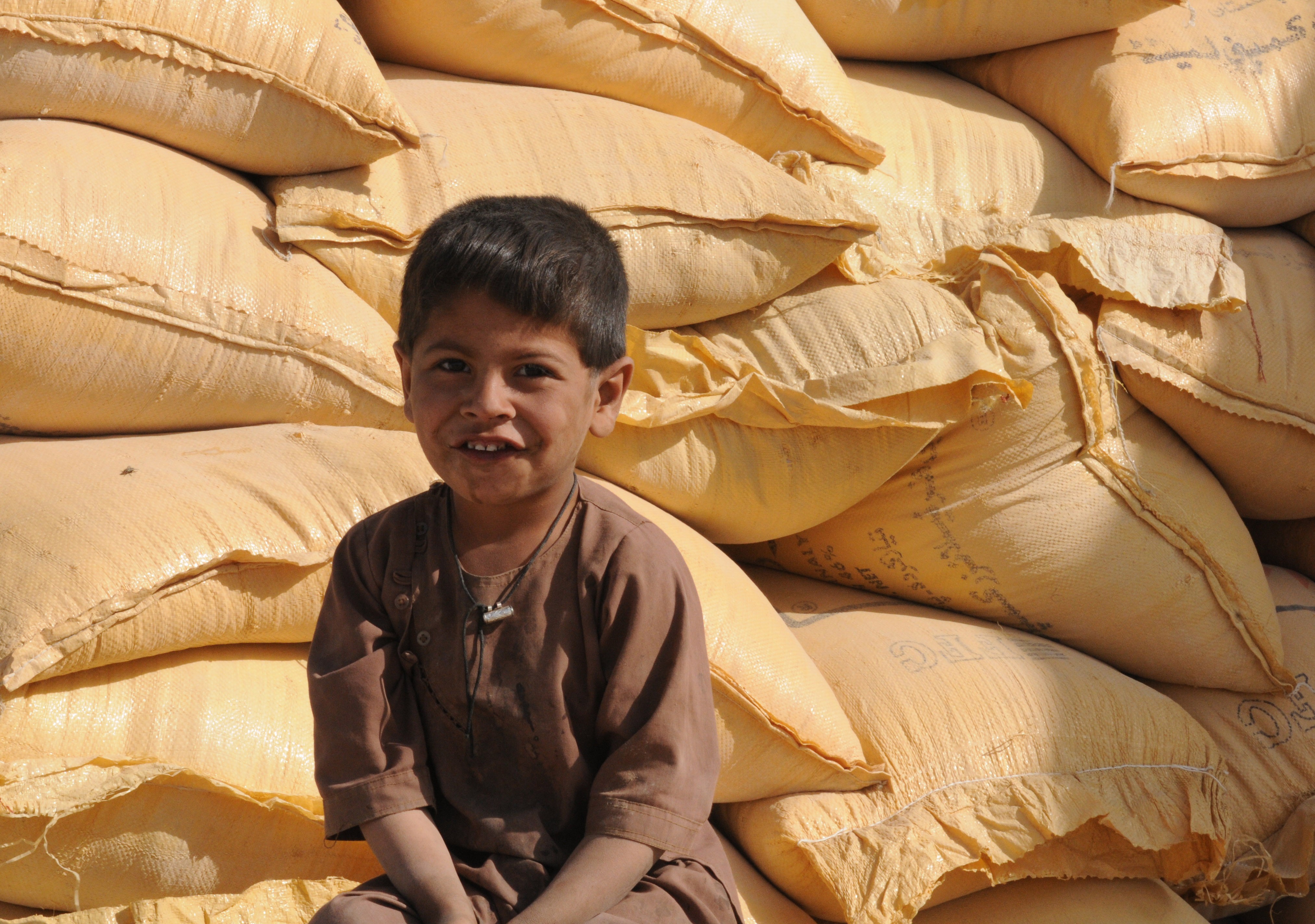
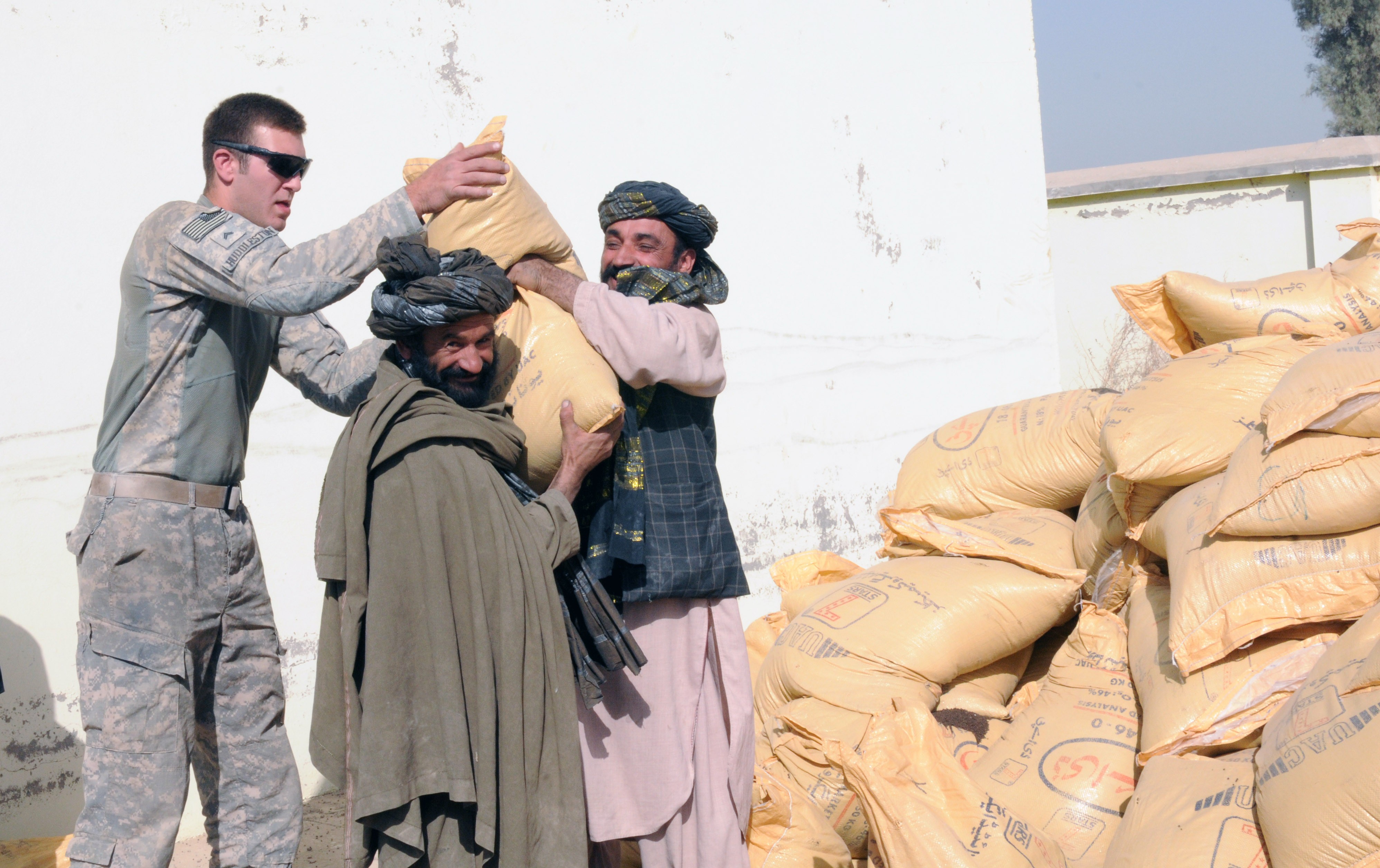
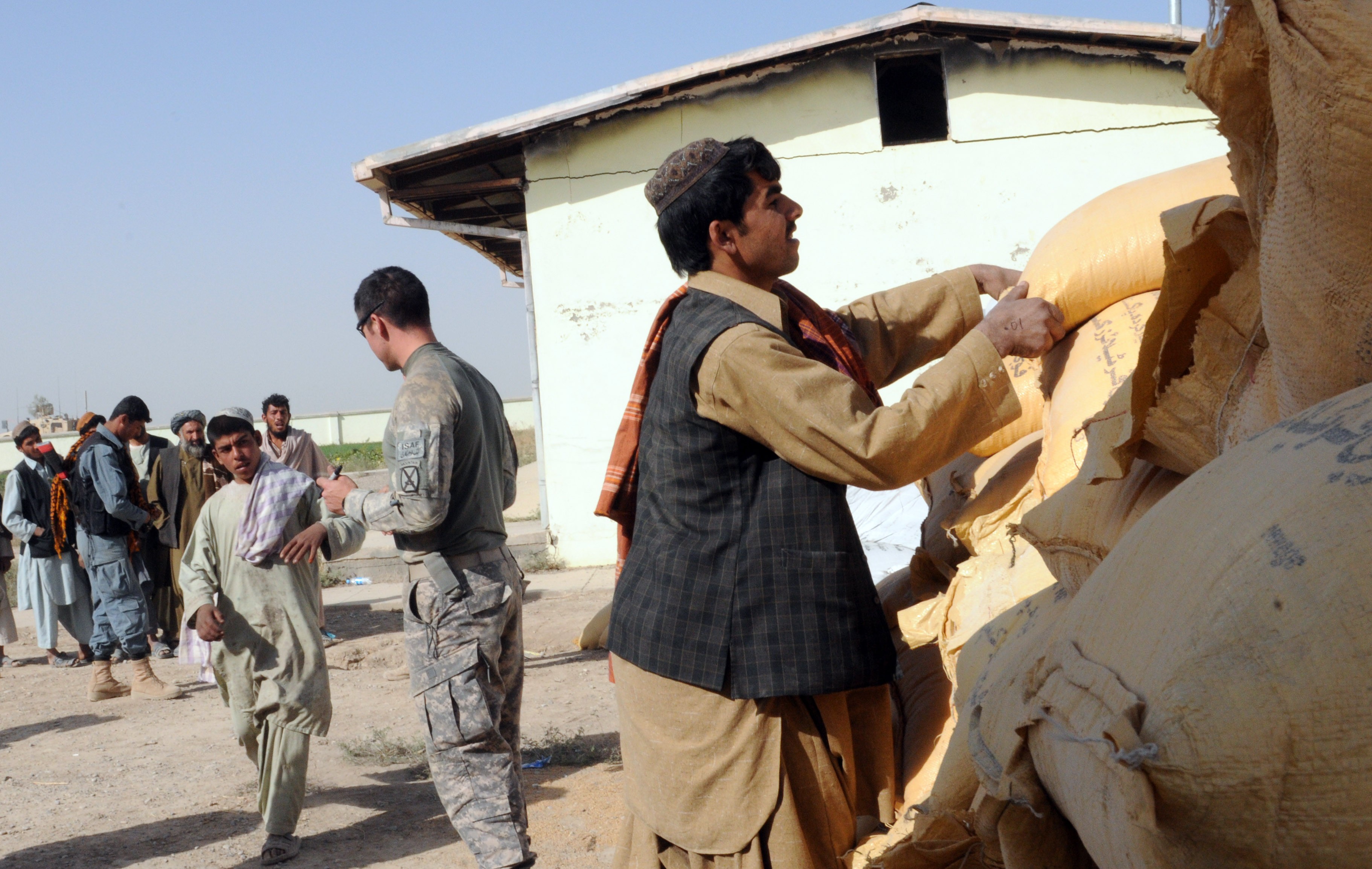
Social Sharing